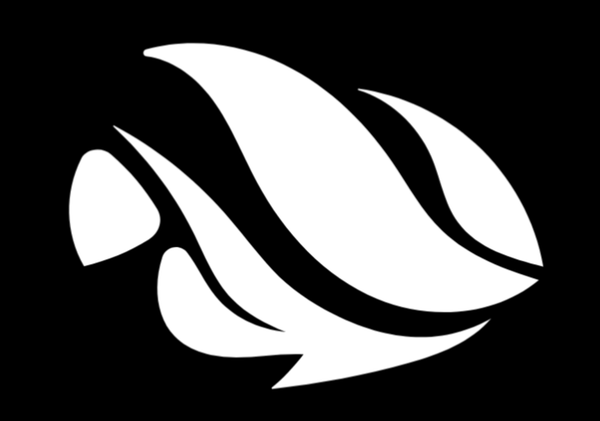Common Disease and Treatment on Discus Fish
Comprehensive Guide to Discus Fish Diseases
External Diseases
Ectoparasites and Related Infections
Ectoparasites like Gill and Skin flukes are frequent problems in discus fish. Symptoms include erratic swimming, rubbing against objects, and labored breathing. Treatments for these conditions include administering a long bath with Masoten, Trichlorfon, or Neguvon at a dosage of 0.025g per 100 liters of water for at least 24 hours; it is advisable to repeat this treatment after 5-7 days to ensure all parasites are eradicated. Alternatively, a long bath with 1.5 ml of Formalin 37% per 100 liters of water can also be effective; this treatment should also be repeated after 5-7 days to help prevent reinfestation. Using 1 ml of Acriflavine Neutral per 100 liters of water for a 24-48 hour bath is recommended; this should be repeated after a week to ensure thorough treatment. Dimilin can be used alone or in combination with other treatments to combat stubborn infections.
Protozoal Infections
These often manifest through symptoms like fin rot, cloudy fins, and a general appearance of distress in the fish. A combination of Formalin and Acriflavine Neutral can enhance the treatment's effectiveness for severe cases. Copper Sulfate and Potassium Permanganate are suitable for short baths to address acute protozoal infections. Metronidazole is particularly effective at higher temperatures (around 30°C); it should be used in a long bath format for up to three days to maximize the chances of recovery.
Internal Diseases
Flagellates and Nematodes
These internal parasites can lead to symptoms such as a loss of appetite, pale coloration, and unusual fecal appearance. Metronidazole can be administered either through the water or as a food additive to effectively combat flagellate infections. Fenbendazole and Praziquantel are often used in food treatments to ensure ingestion by the fish, which is helpful in addressing entrenched parasitic infections.
Bacterial Infections
Typical symptoms of bacterial infections in discus fish include cloudy eyes, fin rot, ulcers, and abdominal swelling. Incorporating 1-2 grams of Doxycycline HCL per kg of fish food and feeding this medicated diet for 3-5 days can help to fight off bacterial infections.
Emerging and Untreatable Diseases
Discus Plague and Hundred Days Disease
These diseases are among the more mysterious and challenging ailments facing discus fish today. Symptoms of Discus Plague include clamped fins, a darkening body, and excessive mucus production. Although no cure exists, supportive care with antibiotics can help manage secondary bacterial infections. Hundred Days Disease often presents as color loss and swelling, thought to be caused by kidney failure; there is currently no effective treatment available.
Preventative Measures and Recommendations
To reduce the risk of disease in discus fish, maintaining optimal water quality and stable tank conditions is essential. Regular water changes, diligent monitoring of water parameters, and isolating new fish can help prevent the introduction and spread of infections. Additionally, acquiring discus from reputable sources that follow healthy breeding practices is critical to avoiding the introduction of diseased fish into your aquarium.
By staying vigilant and prepared to address these common discus diseases, you can help ensure that your discus fish continue to thrive and impress in their aquatic environment. Always consider consulting with a fish health specialist if you notice persistent health issues in your discus aquarium.
